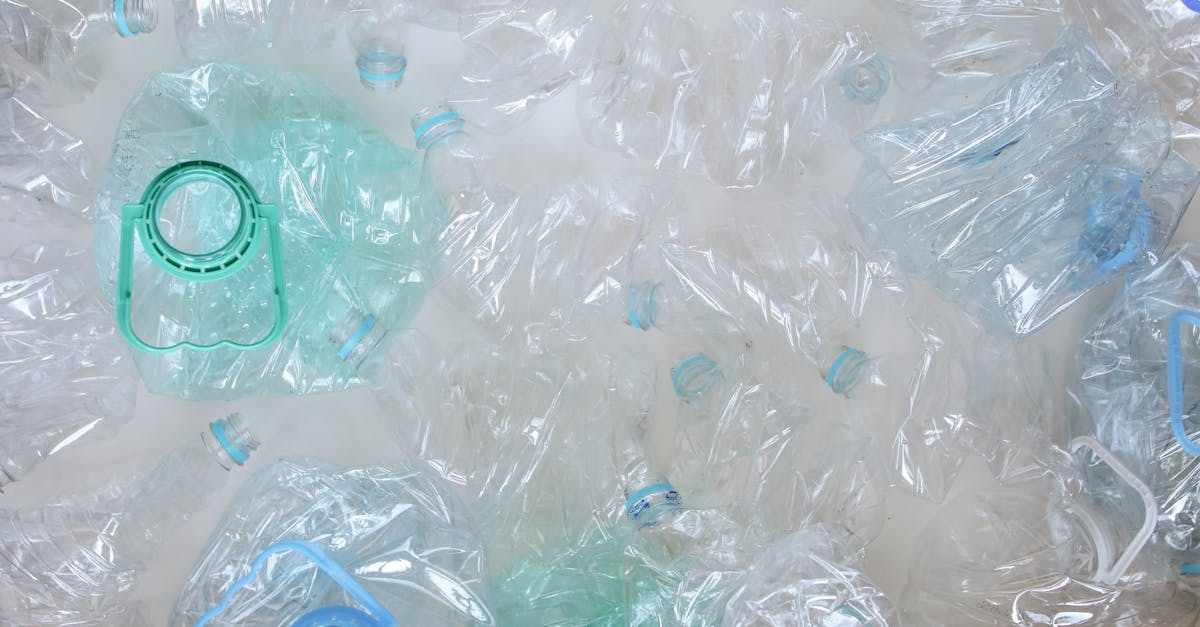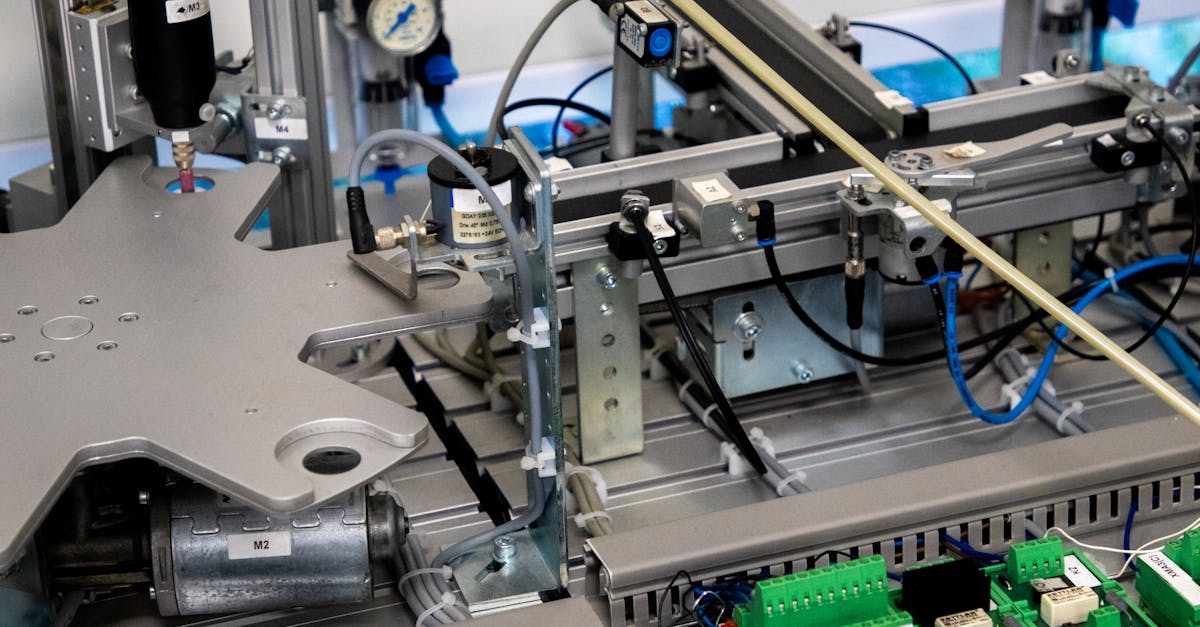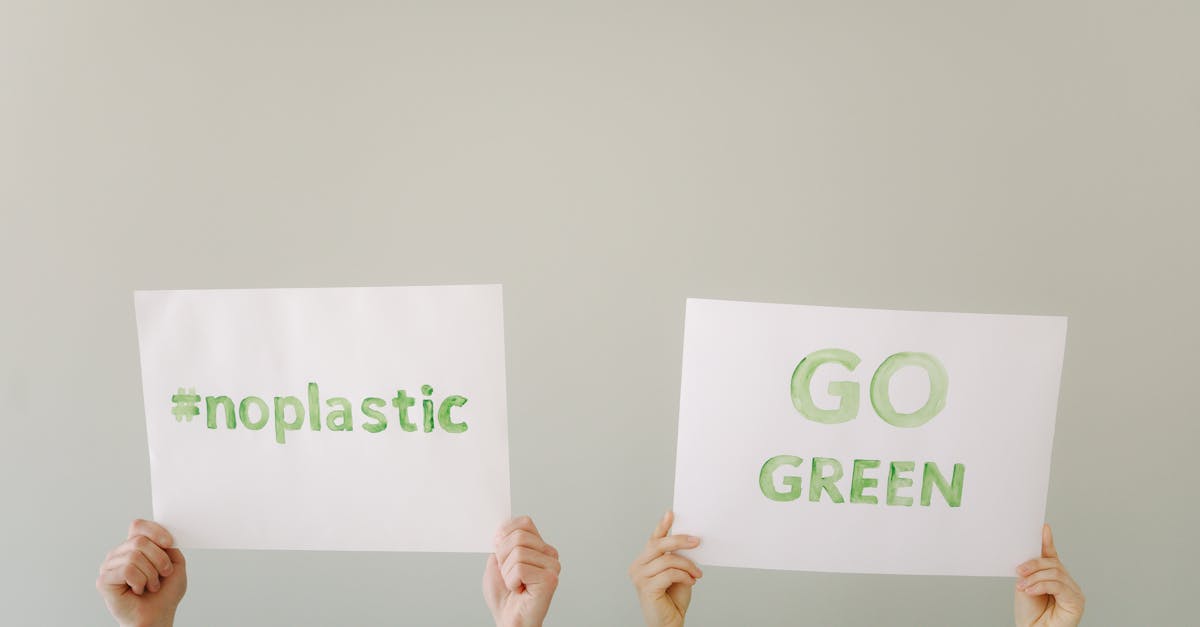Sustainable Fashion The Future of Eco Friendly Clothing
Introduction
The fashion industry is undergoing a transformative shift towards sustainability to address its environmental impacts. Sustainable fashion emphasizes eco-friendly practices throughout the supply chain. This article delves into how sustainable fashion is shaping the future of eco-friendly clothing.
Advertisement
What is Sustainable Fashion?
Sustainable fashion refers to a movement aimed at creating a more environmentally friendly clothing industry. It encompasses sourcing renewable materials, minimizing waste, and promoting ethical labor practices. By adopting these practices, brands aim to reduce their carbon footprint and foster responsible consumer behavior.
Advertisement
The Environmental Impact of Fashion
Traditional fashion production is resource-intensive, consuming vast amounts of water, energy, and raw materials. Moreover, it contributes significantly to pollution and greenhouse gas emissions. Sustainable fashion seeks to mitigate these impacts by prioritizing eco-friendly materials and methods.
Advertisement
Eco-Friendly Materials
Eco-friendly materials are at the core of sustainable fashion. Organic cotton, recycled polyester, Tencel, and hemp are popular alternatives to conventional textiles. These materials not only reduce dependence on non-renewable resources but also offer decomposable options, lessening landfill waste.
Advertisement
Circular Fashion Economy
The circular fashion economy promotes a system where products are designed to be reused, repaired, or recycled. This model minimizes waste and encourages the longevity of garments. Brands adopting this approach redesign their processes to reduce the 'linear' throwaway culture traditionally associated with fashion.
Advertisement
Innovative Production Techniques
Sustainable fashion embraces innovative techniques that minimize environmental harm. These include water-saving dyeing methods, energy-efficient manufacturing, and low-impact printing technologies. Such methods reduce toxic chemical use, conserve resources, and lower overall emissions.
Advertisement
Social Responsibility and Ethical Practices
Social responsibility is integral to sustainable fashion, ensuring fair wages and safe working conditions for laborers. Ethical brands strive to eradicate exploitation and promote transparency in their supply chains. Such practices empower workers and foster trust between brands and consumers.
Advertisement
Challenges and Criticisms
Despite its benefits, sustainable fashion faces challenges such as higher production costs and limited consumer awareness. Some critics argue that eco-conscious practices are often greenwashed or exaggerated without substantive environmental gains. Overcoming these challenges requires concerted efforts across the industry.
Advertisement
The Role of Consumers in Driving Change
Consumers play a crucial role in the adoption of sustainable fashion. When shoppers prioritize eco-friendly options, they encourage brands to implement sustainable practices. Awareness campaigns, informative labeling, and sustainable fashion events help educate consumers and drive industry transformation.
Advertisement
Summary and Conclusion
In summary, sustainable fashion is reshaping the clothing industry towards a more eco-friendly future. By adopting ethical practices, innovative techniques, and consumer education, the industry can significantly reduce its environmental footprint. As consumers become more conscious of their choices, the momentum towards sustainable fashion is expected to grow, leading to a greener, more responsible future for fashion.
Advertisement
